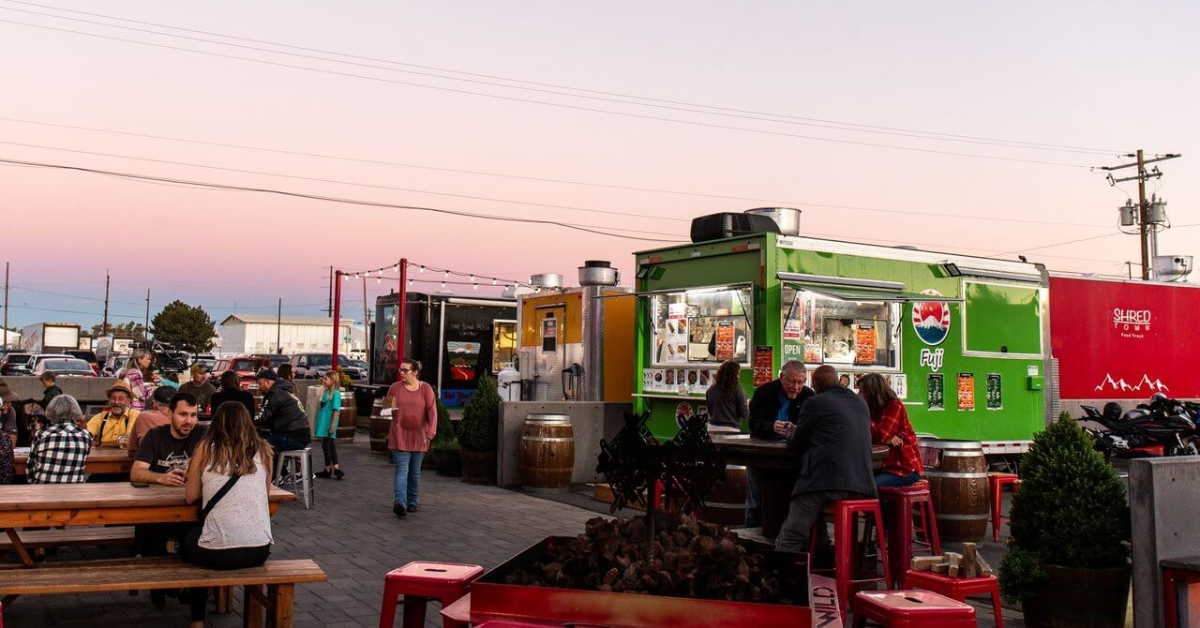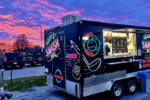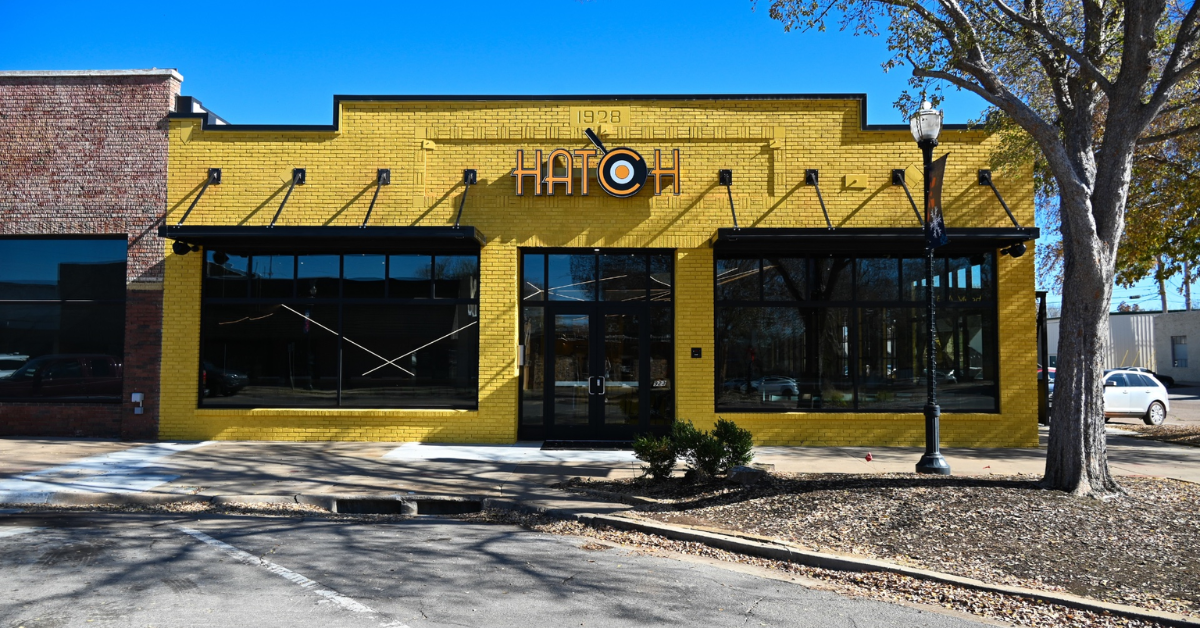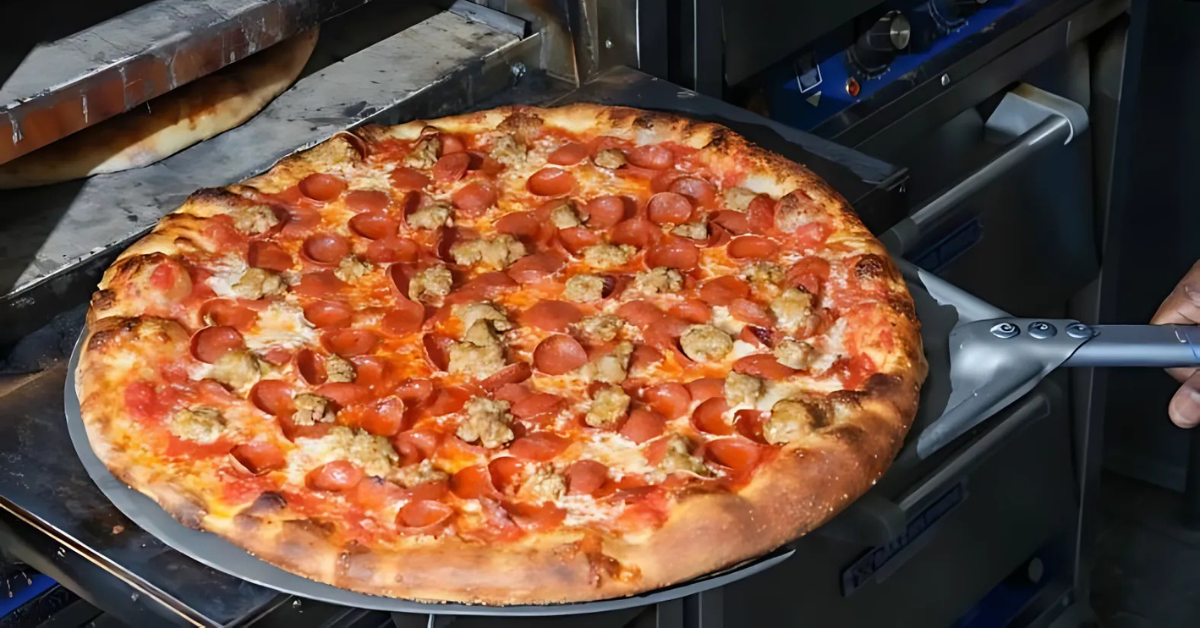BEND, Ore. – The usual bustling atmosphere surrounding Central Oregon food trucks during the summer and holiday weekends sharply declined over the recent Labor Day weekend, as smoky skies and air quality advisories barred customers from outdoor activities and food truck gatherings.
Typically a peak time for food truck vendors in Central Oregon, summer offers a vital window for earning revenue. However, the persistent poor air conditions caused by wildfire smoke this year have directly impacted business, forcing many food trucks to navigate unpredictable customer flows and adapting their operations accordingly.
The Impact of Smoke on Food Truck Business
Many food truck owners report that once the air quality deteriorates, customer turnout drops dramatically. Stephan Lavigne, co-owner of the popular food truck On A Wing & A Crepe, voiced the challenges faced during recent smoky conditions.
“It’s tough out here in the summertime. It’s the only time that the food trucks can really make that money. And sometimes it’s just like the smoke comes in, nobody wants to come in,” said Lavigne.
This sentiment highlights a harsh reality that poor air quality doesn’t just affect outdoor recreation but also economic activity, particularly for small, community-focused food truck vendors.
Adapting Through Delivery and Take-Out
With fewer customers willing to venture outside during poor air quality days, many food trucks have increasingly relied on delivery services and take-out orders. These alternative options help sustain businesses when onsite customers are limited.
“We are lucky we get DoorDash orders, so that does help for people that want to stay home,” Lavigne explained, emphasizing how third-party delivery platforms are crucial lifelines during times of smoky air conditions.
Challenges Facing Small Food Truck Vendors
Food truck owners in Bend and broader Central Oregon often operate as small mom and pop businesses struggling to cover high expenses such as rent while maintaining a good quality of life.
“All food trucks need help all the time. I feel like we all just mom and pop businesses just trying to make a living, you know, pay the high rent in Bend, and enjoy a life out here as people do,” Lavigne shared.
This financial fragility is exacerbated by environmental factors like wildfire smoke, which unpredictably reduce customer traffic and force vendors to rethink how they serve their communities.
Looking Forward: The Road Ahead for Central Oregon Food Trucks
As wildfire seasons become more intense and prolonged, affected businesses like food trucks may increasingly need to diversify their operations, including bolstering delivery options, creating indoor partnerships, or innovating menu offerings to stay viable during poor air quality events.
For now, vendors remain hopeful and committed to serving their customers safely while navigating the challenges posed by nature.
Key Takeaways:
- Summer and holiday weekends are critical earning periods for Central Oregon food trucks.
- Poor air quality during wildfire season, such as the Labor Day weekend, significantly reduces customer visits.
- Food trucks rely heavily on delivery services like DoorDash during smoky conditions.
- Small food truck businesses face financial challenges with high operating costs in Bend.
- Adaptation and diversification strategies are essential for sustaining business amid environmental uncertainties.







